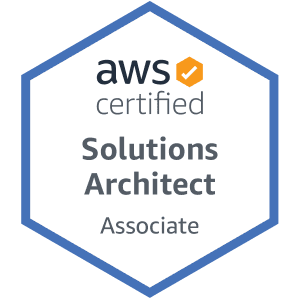How will I execute the Practicals?
The practicals are shown in ‘R’ which is a open-source analytics tool. The step-wise set-up guide for R will be provided to you.
Why learn Statistics Essentials for Analytics?
Statistics and its methods are the backend of Data Science to “understand, analyze and predict actual phenomena”. Machine learning employs different techniques and theories drawn from statistical & probabilistic fields. This Statistics Essentials for Analytics Course enables you to gain knowledge of the essential statistics required for analytics and Data Science, understand the mechanism of popular Machine Learning Algorithms like K-Means Clustering, Regression. The course also takes you through the glimpse of hypothesis testing and its methods enabling you perform test on alternative hypothesis.
Will I Get Placement Assistance?
To help you in this endeavor, we have added a resume builder tool in your LMS. Now, you will be able to create a winning resume in just 3 easy steps. You will have unlimited access to use these templates across different roles and designations. All you need to do is, log in to your LMS and click on the “create your resume” option.
Who are the Instructors at Edureka?
All the instructors at Edureka are practitioners from the Industry with minimum 10-12 yrs of relevant IT experience. They are subject matter experts and are trained by Edureka for providing an awesome learning experience.
What if I have more queries?
Just give us a CALL at +91 8178510474 / +91 9967920486 OR email at admin@certadda.com/






